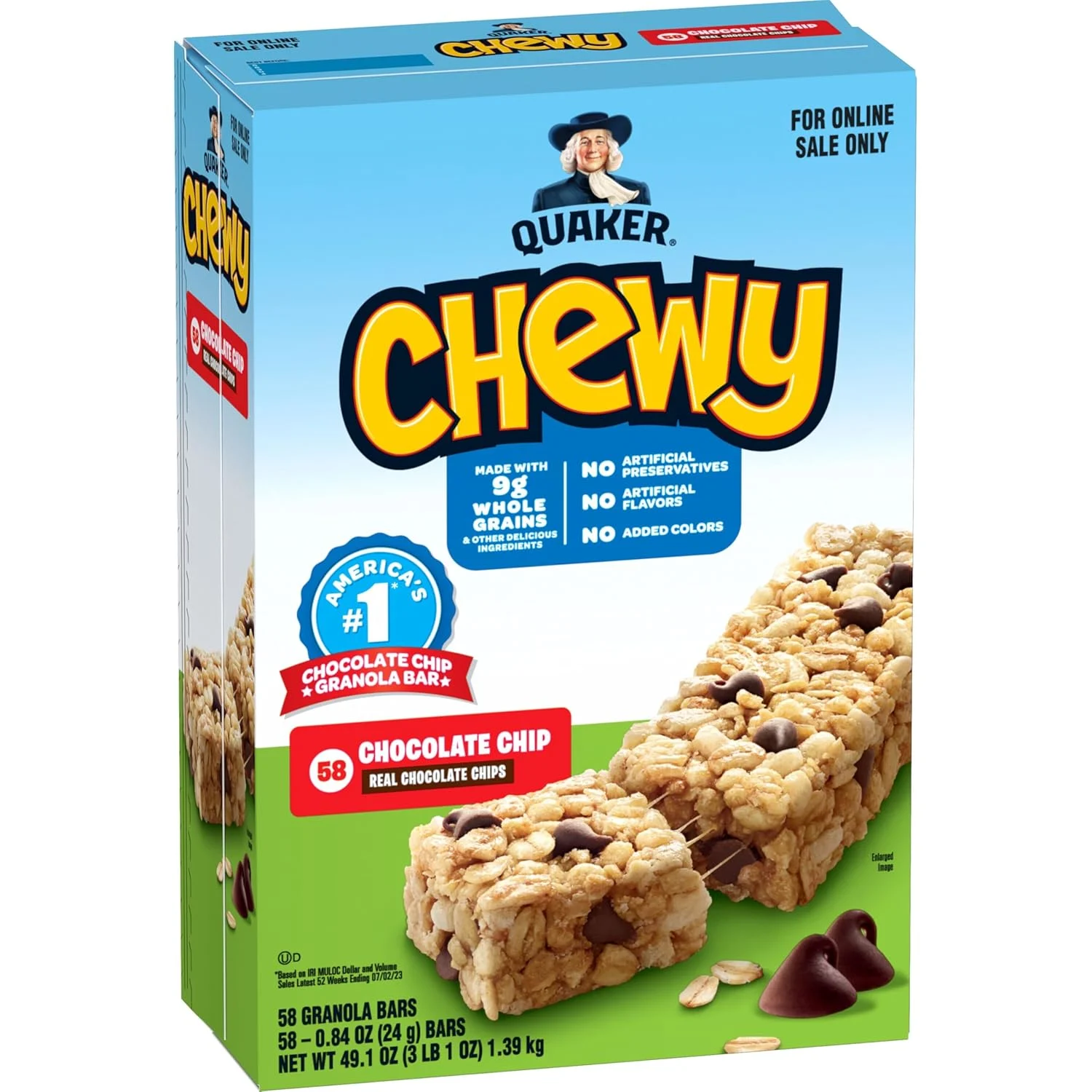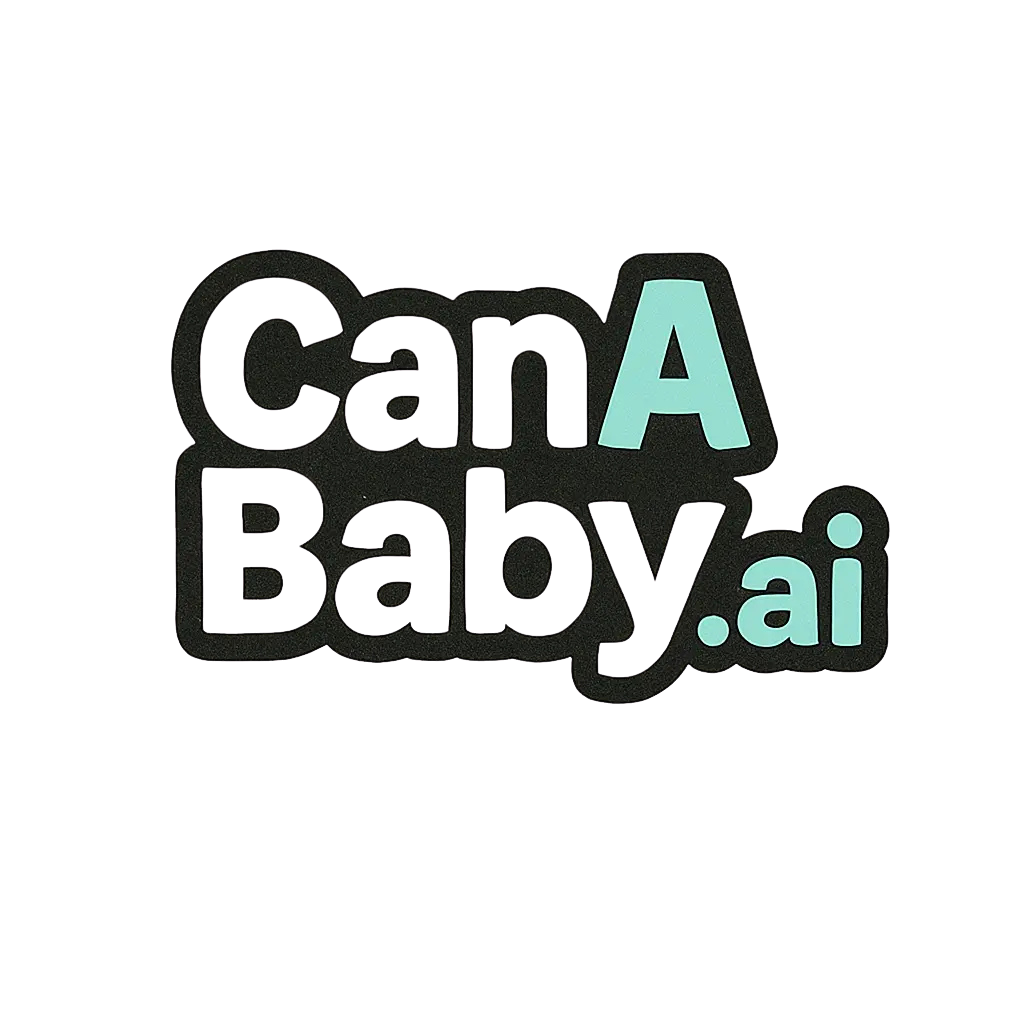QUAKER CHEWY Chocolate Chip
granola • For 6-12 month old babies • Consumable 🍝
Product Images
Product Photo

Tap to enlarge
Ingredient List

Tap to enlarge
Can older babies eat QUAKER CHEWY Chocolate Chip?
Check for Different Age (6 available)
Ingredients Analysis (37 found)
Common Questions About QUAKER CHEWY Chocolate Chip
Safe for older babies? QUAKER CHEWY Chocolate Chip
QUAKER CHEWY Chocolate Chip is not recommended for 6-12 month old babies due to potentially harmful ingredients.
What ingredients should I watch out for?
We analyzed 37 ingredients in QUAKER CHEWY Chocolate Chip. 5 concerning, 3 caution. Check the detailed analysis above for specific concerns.
Is this appropriate for older babies to eating granola?
The appropriate age depends on the specific ingredients. This analysis is for 6-12 month old babies. Use the age selector above to check other ages.
⚠️ Important Disclaimers
Product Recognition: Product names are identified by AI and may be incorrect. Always verify product identity yourself.
Safety Analysis: Evaluations are for research only - consult pediatricians for medical decisions.
No Guarantees: Results may be incomplete or inaccurate. Do not rely solely on this analysis.
